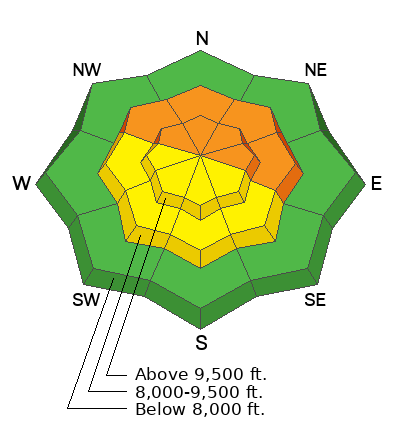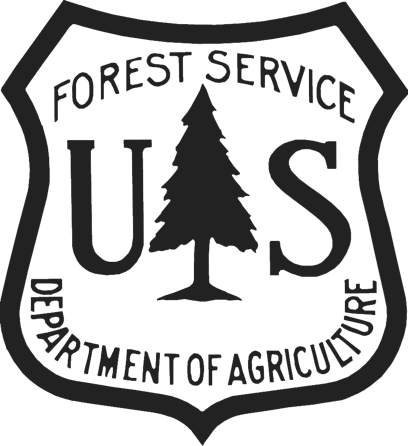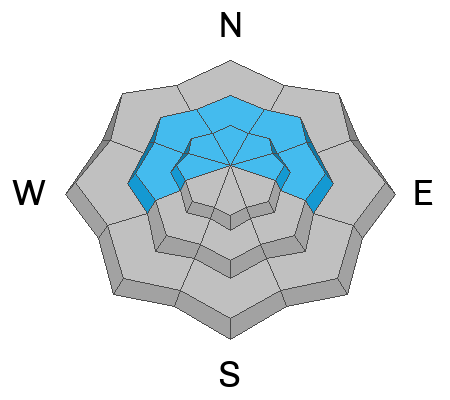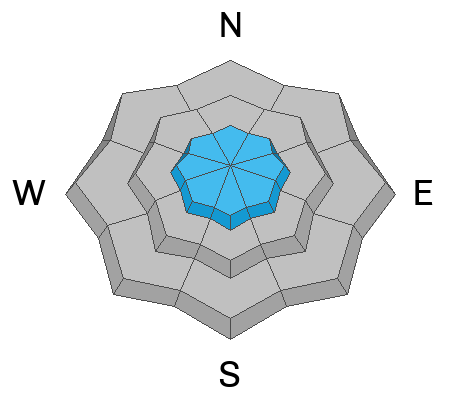Forecast for the Skyline Area Mountains

Issued by Brett Kobernik on
Saturday morning, November 30, 2024
Saturday morning, November 30, 2024
The overall avalanche danger is currently CONSIDERABLE.
The danger trend is decreasing meaning that each day it is becoming less likely to an avalanche.
However, very weak snow still remains at that bottom of the snowpack. If provoked by humans, it is likely to fail and cause an avalanche.

Low
Moderate
Considerable
High
Extreme
Learn how to read the forecast here





